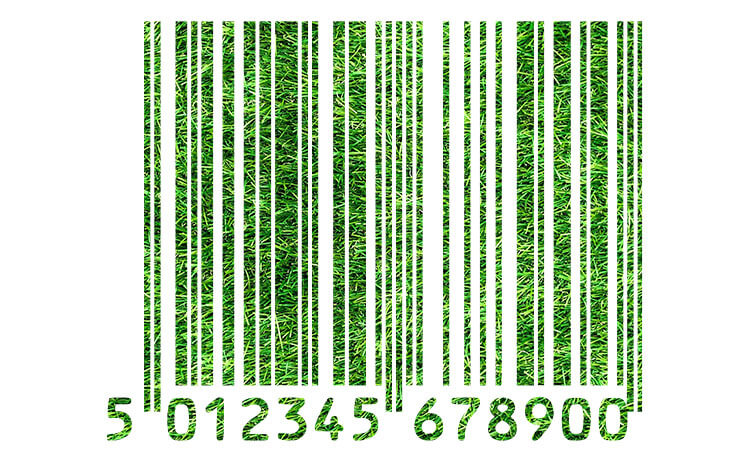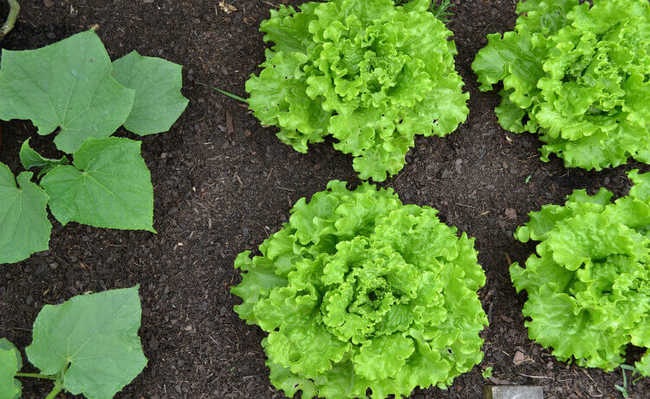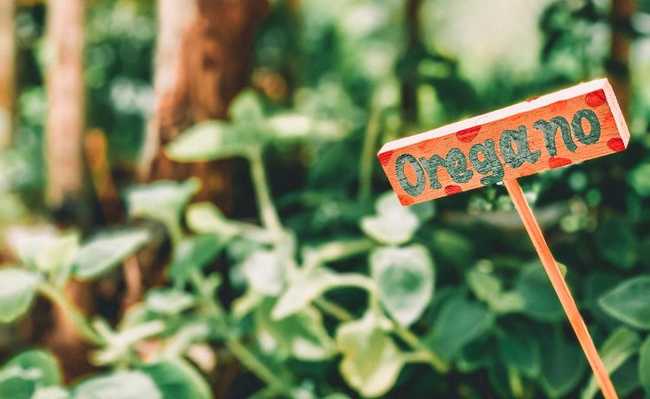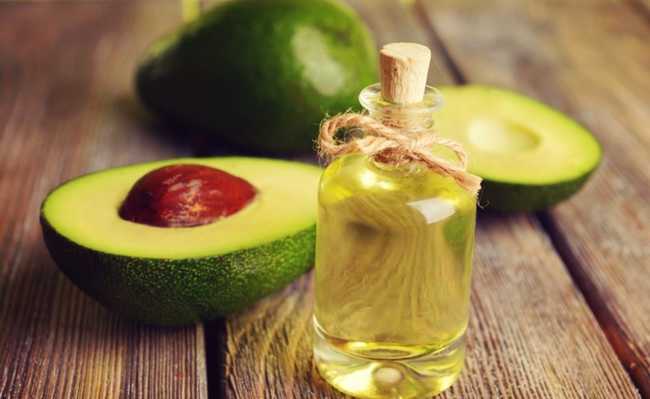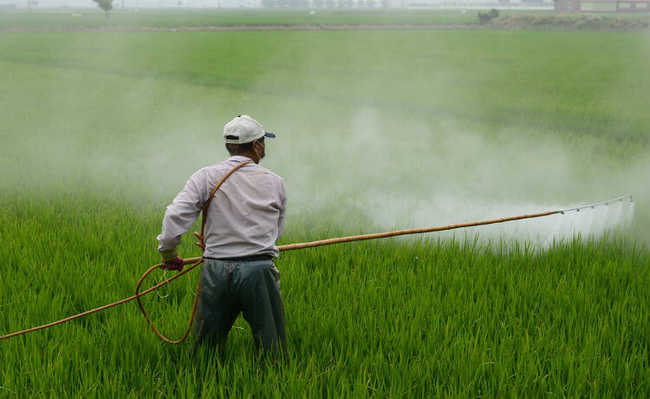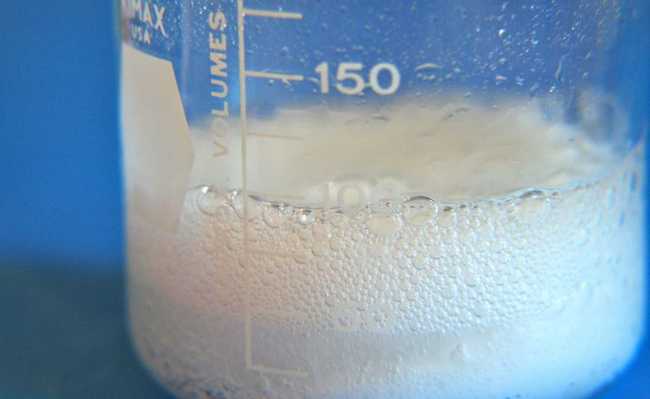14 Amazing Causes of Dehydration
Being dehydrated poses health risks, but some causes are not obvious and you can lose water without realizing it.
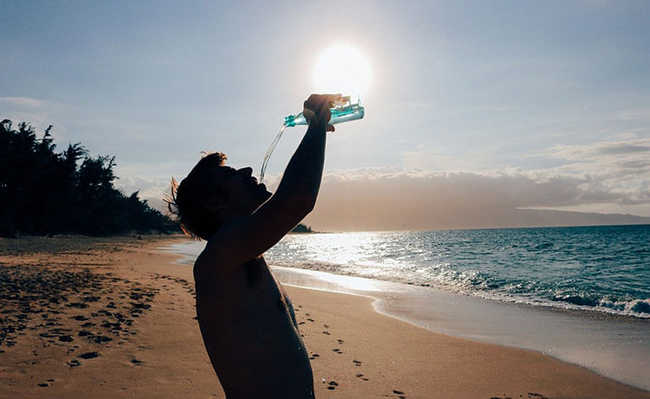
Olya Adamovich image by Pixabay
The proportion of water in the body varies depending on age and gender. If you are a grown woman, you should have, on average, 60% of your body made up of water. If you are a man, you should have, on average, 65%. But regardless of this variation, all of our lives depend substantially on water. Water nourishes the cells of our body and guarantees the full exercise of bodily functions.
We lose water in the form of vapor all the time when we breathe, but we also lose it in sweat, urine and faeces. Together with water, we lose mineral salts and organic liquids. When we lose more than we eat, dehydration occurs. Dehydration is most dangerous for children and the elderly, but at severe levels it can lead to death.
According to a study, losing 1.5% of water can already mean a change in mood, energy level and cognitive function. Some symptoms of dehydration are: headache, drowsiness, dizziness, weakness, tiredness and increased heart rate. Deprivation of water, in general, causes an increase in the concentration of sodium in the blood, which can lead to several complications such as kidney problems.
Some causes of dehydration are somewhat obvious, such as not drinking enough water, being in strong sunlight, or exercising strenuously. However, there are other less obvious causes. Check out these 14 amazing examples of what can cause dehydration and see how to prevent it.
1. Diabetes
People with uncontrolled diabetes are at increased risk for dehydration. This happens when blood sugar levels are too high; the body tries to eliminate excess glucose by increasing urine output. Polyuria, or too much urine excretion, is one of the symptoms of diabetes. If you are a diabetic and suffer from frequent urination, talk to your doctor and do not reduce your fluid intake to try to reduce the frequency of going to the bathroom, as this can pose serious risks.
2. Menstruation
Drink an extra glass of water during this period. Due to hormonal variation during the cycle, there are changes in the level of hydration. Also, some women have very heavy flow, and the amount of blood lost can mean a decrease in fluid levels. For this reason, you may need to increase your fluid intake during your period.
3. Medicines
Many medications have dehydration as a side effect. Some medications, such as those indicated for blood pressure, have a diuretic effect. By increasing urine output, the risk of dehydration is also increased. Also, if the drug causes diarrhea or vomiting as side effects, you should also increase your fluid intake to stay hydrated.
4. Low Carbohydrate Diets
diets low carb they burn up the stores of glycogen in your body, which is associated with water molecules. Thus, with this burning, the water attached to it will be eliminated by the kidneys. In addition, there is a drop in insulin levels, resulting in the kidneys excreting excess sodium, further increasing urination. This process results in weight loss caused by dehydration, which is often confused with fat loss. Whole-grain carbohydrates like oats, whole-wheat pasta and whole-grain rice absorb water during the cooking process. Therefore, cutting back on these foods may unintentionally reduce your fluid intake.
5. Stress
If you are under stress, your adrenal glands pump hormones and if this is constant it can deplete them, causing adrenal insufficiency. But how does this relate to dehydration? Well, the adrenal glands also produce the hormone aldosterone, which helps balance the body's fluid and electrolyte levels. Thus, under stress, aldosterone production drops, causing dehydration. Increasing your fluid intake is a good short-term solution, however the real solution is to reduce the influences that make you stressed.
6. Irritable bowel syndrome
Symptoms such as nausea and chronic diarrhea cause dehydration. That's why those who suffer from irritable bowel syndrome cannot neglect their hydration. What's more, people who suffer from this condition often go on diets that cut out liquid-rich foods, which aggravates the condition.
7. Your training
We associate dehydration with resistance training, however even with moderate activities it can occur. Whether it's an hour on the bike or a brisk run down the block, you're losing water through sweat. And if, day after day and week after week, you're sweating more than you're drinking fluids, you could end up dehydrated. Therefore, increase your fluid intake after performing physical exercise.
8. Pregnancy
Are you experiencing swelling? Your body is probably holding fluids in an attempt to compensate for dehydration. During pregnancy, your total blood volume and cardiac output increase. Thus, your body demands more fluids. Furthermore, morning vomiting can also influence hydration levels.
9. Aging
One of the main causes of hospitalization in elderly patients is dehydration, especially on days of intense heat. With age, the body's ability to conserve water is reduced. The feeling of thirst also diminishes, and many elderly people forget to drink water. So it becomes easier to get dehydrated. Therefore, it is very important to encourage the intake of liquid and always keep a small bottle of water close to the elderly so that they remember to ingest liquid even when they are not thirsty (but it cannot be a disposable bottle - find out why here).
10. Food supplements
Many supplements have a diuretic effect and cause increased urine output. You must be aware that even natural supplements can bring this complication, such as those with parsley, celery seeds, dandelion and watercress. If you are thinking of taking a supplement, it is best to consult a nutritionist beforehand and know the effects to prevent it.
11. High altitudes
When you visit places at high altitudes, your body speeds up breathing and increases urine production. These effects are necessary for healthy adjustment of oxygen levels in the body. However, constant urination and heavy breathing that cause you to exhale more water vapor can cause dehydration.
12. Drinking alcohol
Beer can feel thirst-quenching due to the coolness of the liquid, but don't be fooled. Drinking makes you go to the bathroom. Alcohol consumption inhibits the production of an antidiuretic hormone and, as a result, increases urine production. In addition, it makes you sweat and lose fluid from the body, as alcohol increases pressure.
13. Eat few fruits and vegetables
Fruits and vegetables have large amounts of liquid. When you ingest them, you are consuming water without realizing it. A vegetable-rich diet can mean up to two extra cups of water a day. If you consume a few vegetables and fruits and don't make up for the fluid intake otherwise, you may end up dehydrated.
14. Breastfeeding
When breastfeeding, the mother transfers electrolytes, proteins and minerals to the baby's body. But breast milk is essentially water, and obviously this reduces the mother's hydration levels. For this reason it is essential to increase fluid intake. If you have difficulty producing milk, see your doctor as it may, among other causes, be a sign of severe dehydration.

